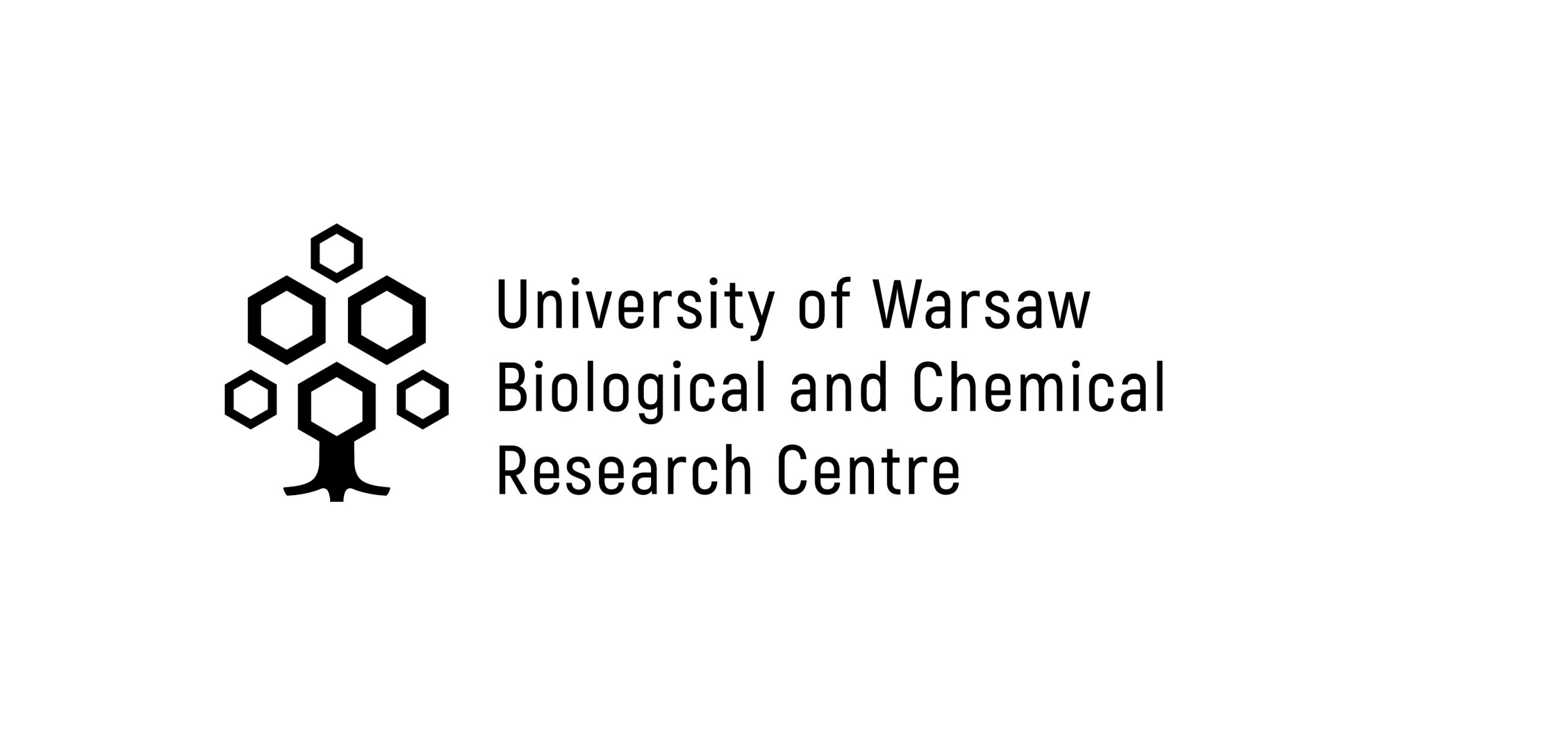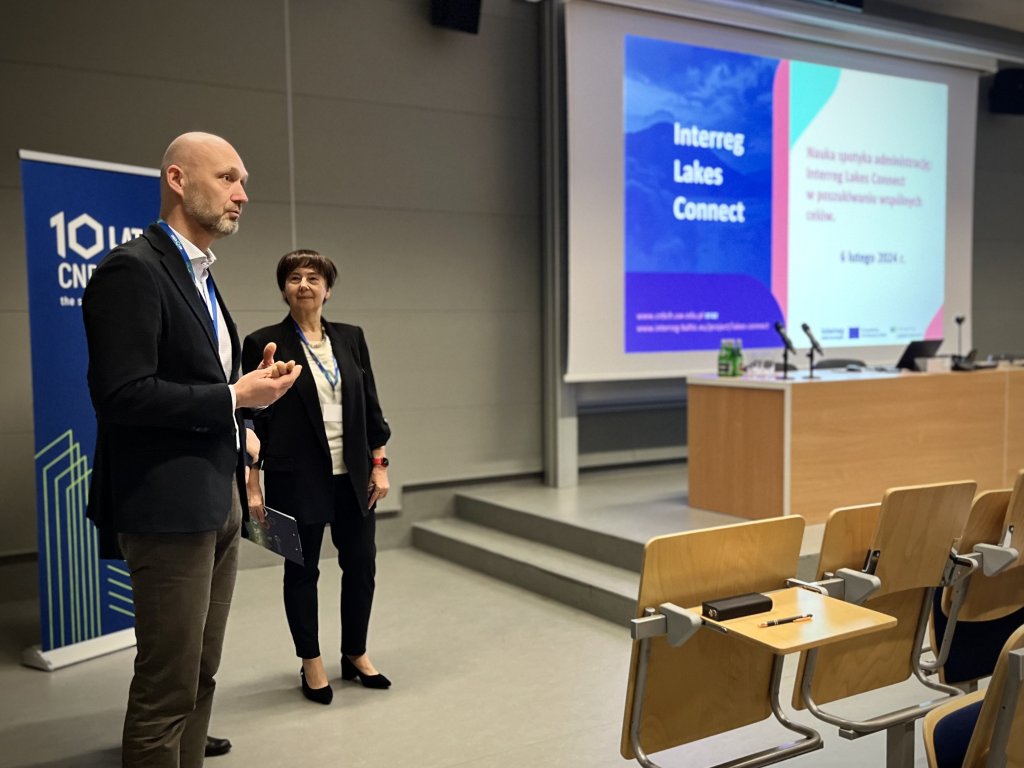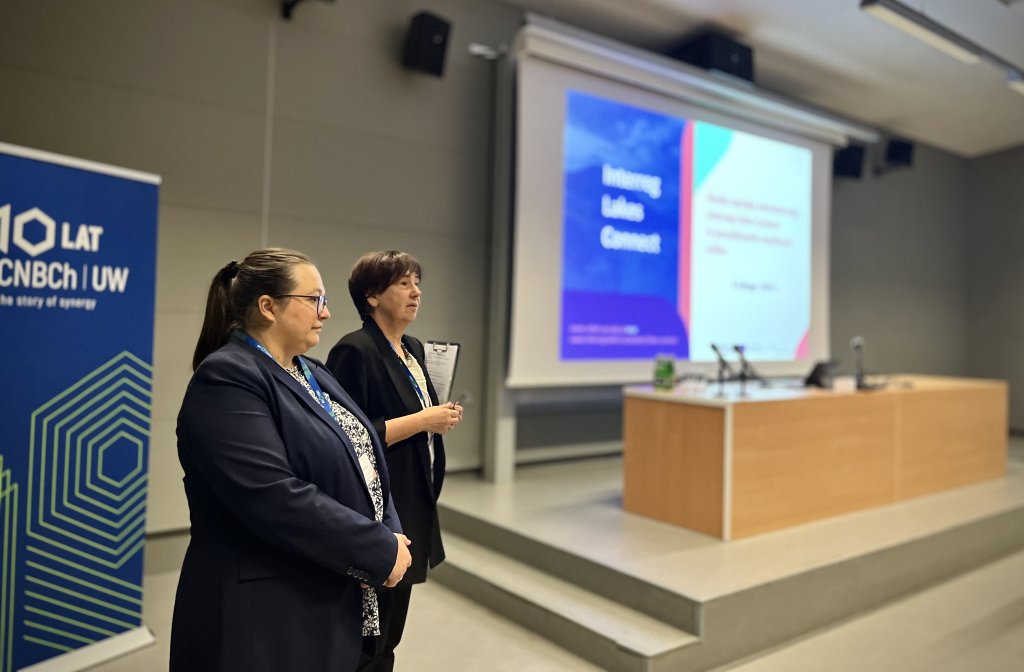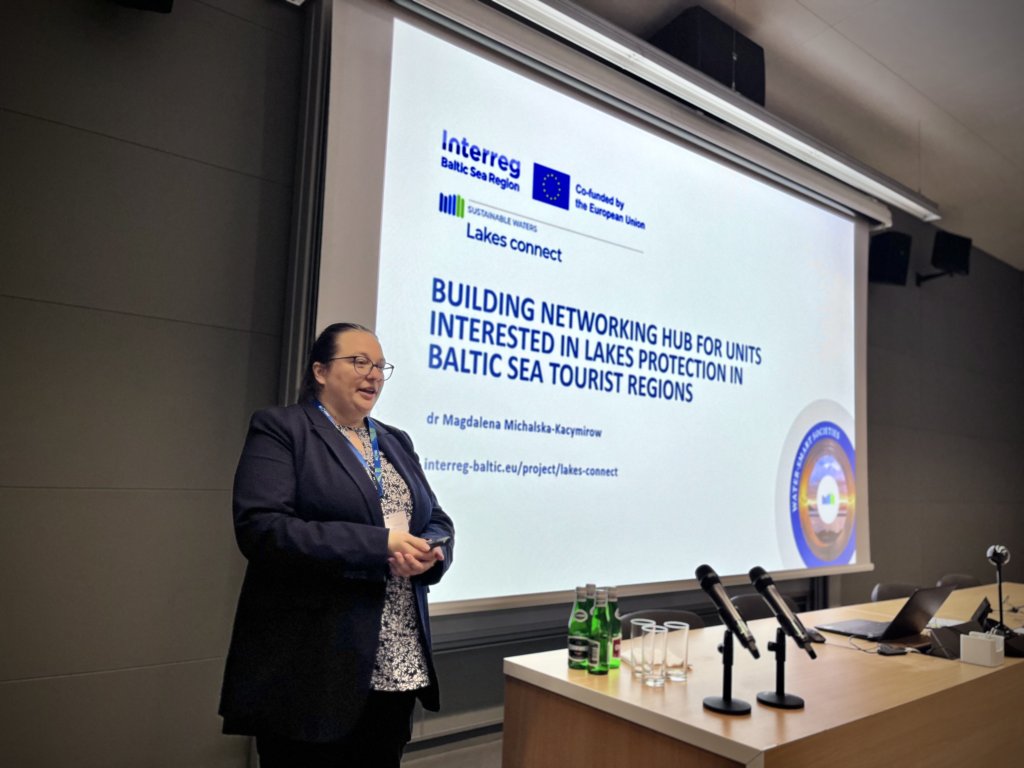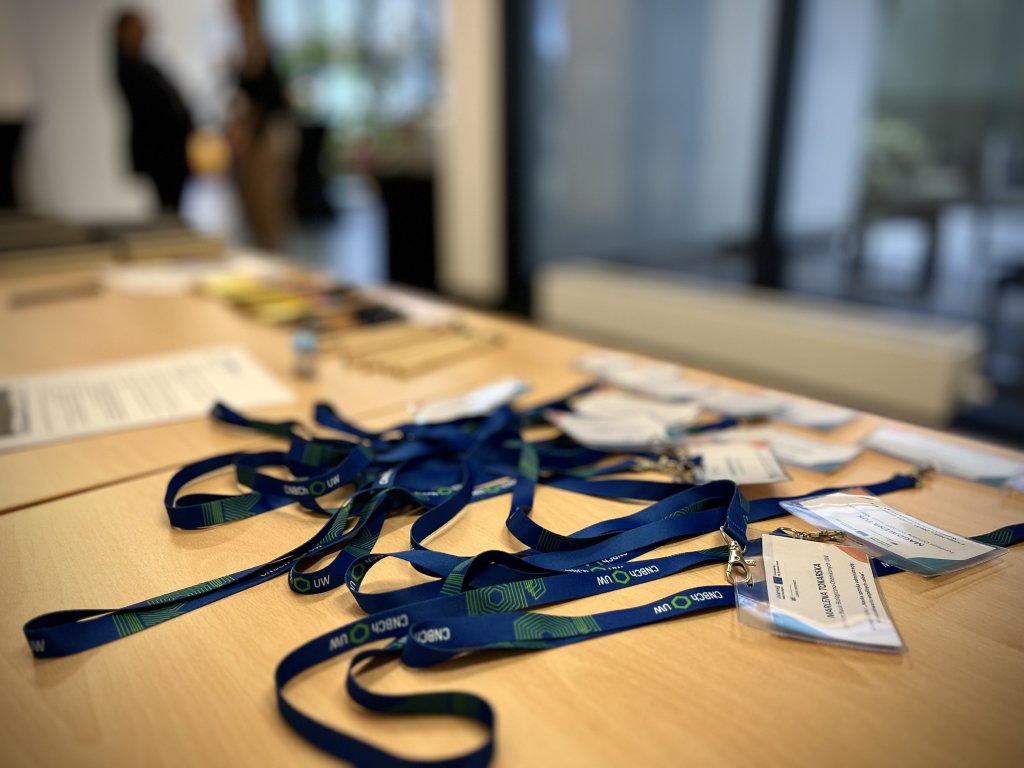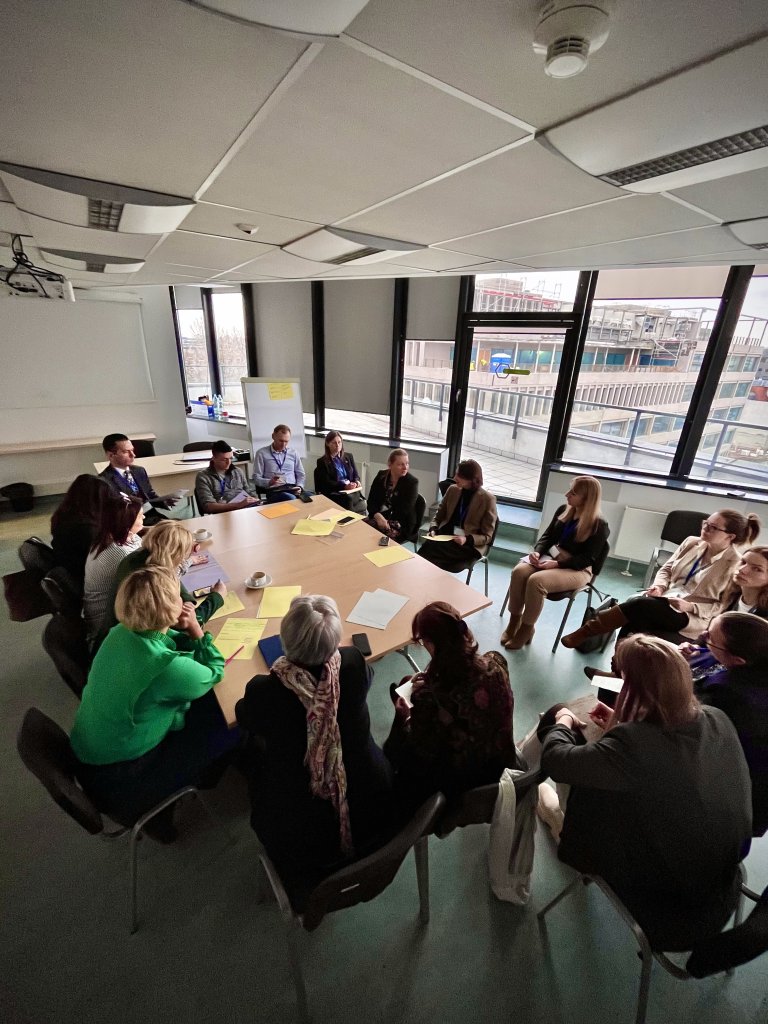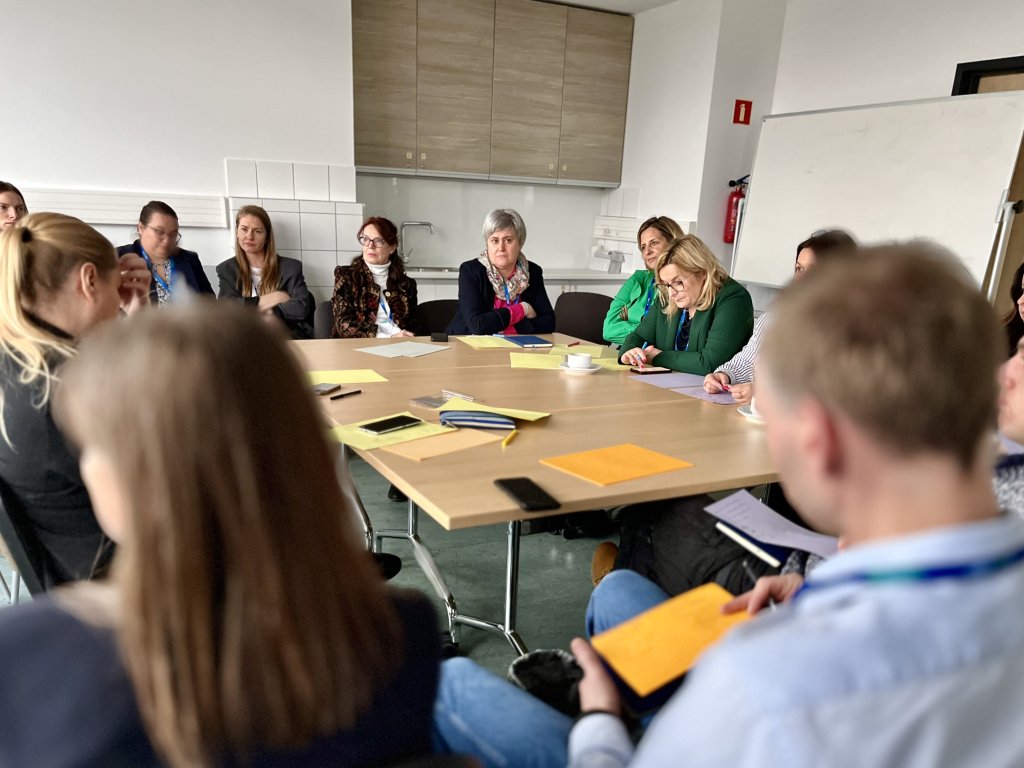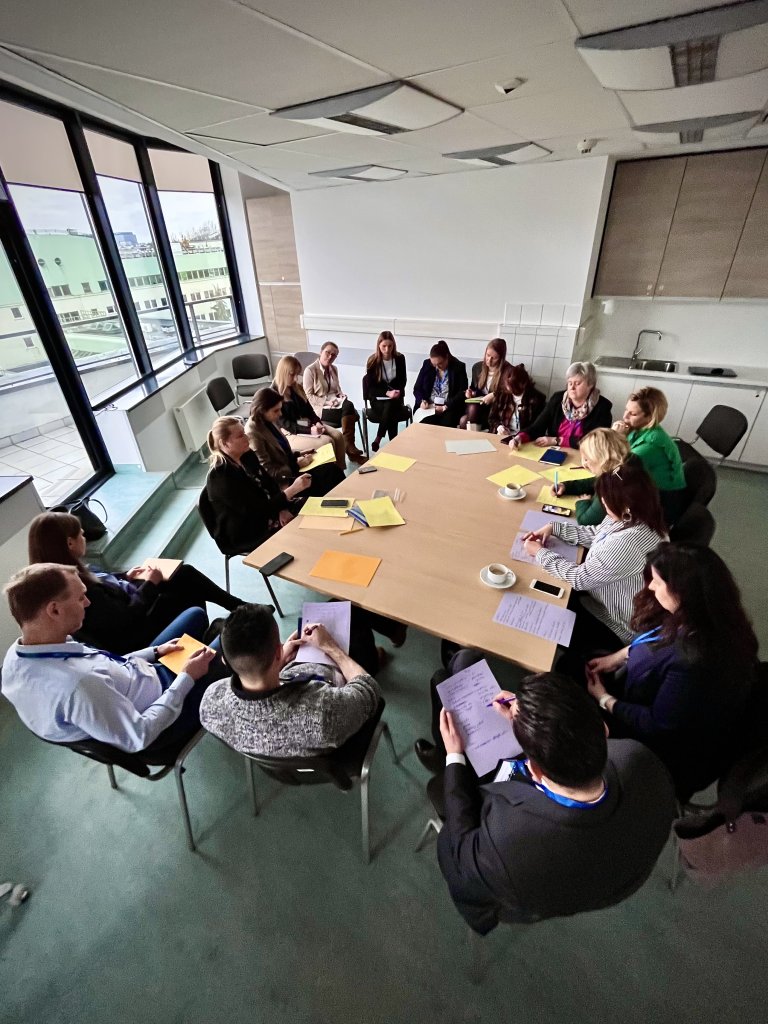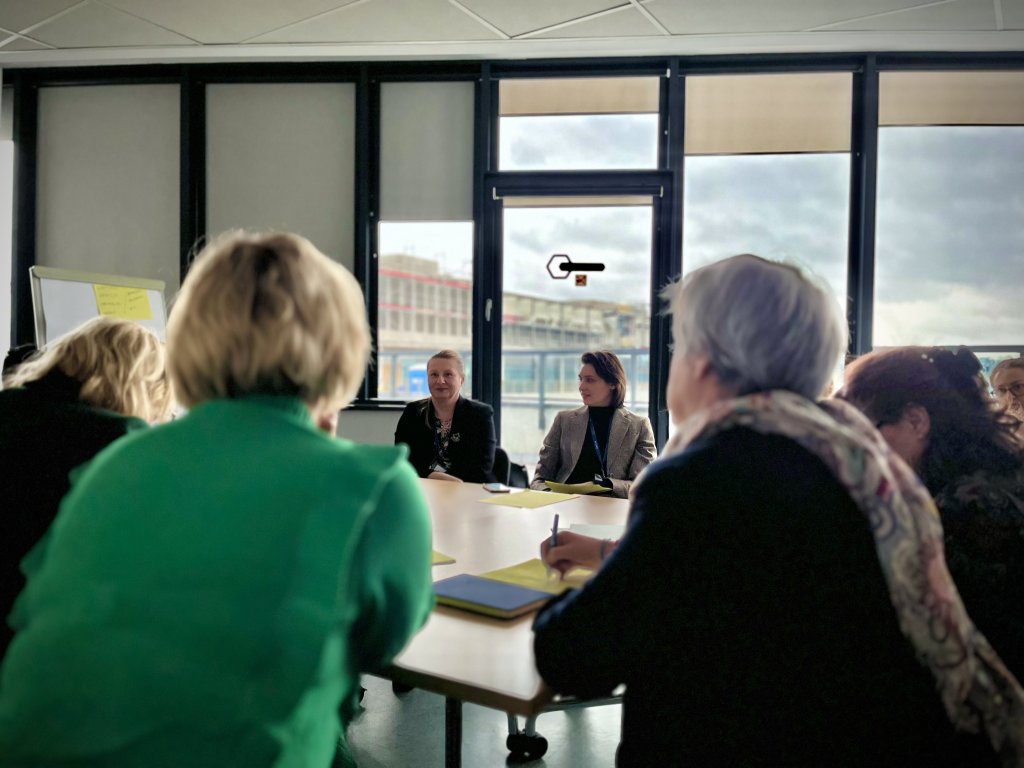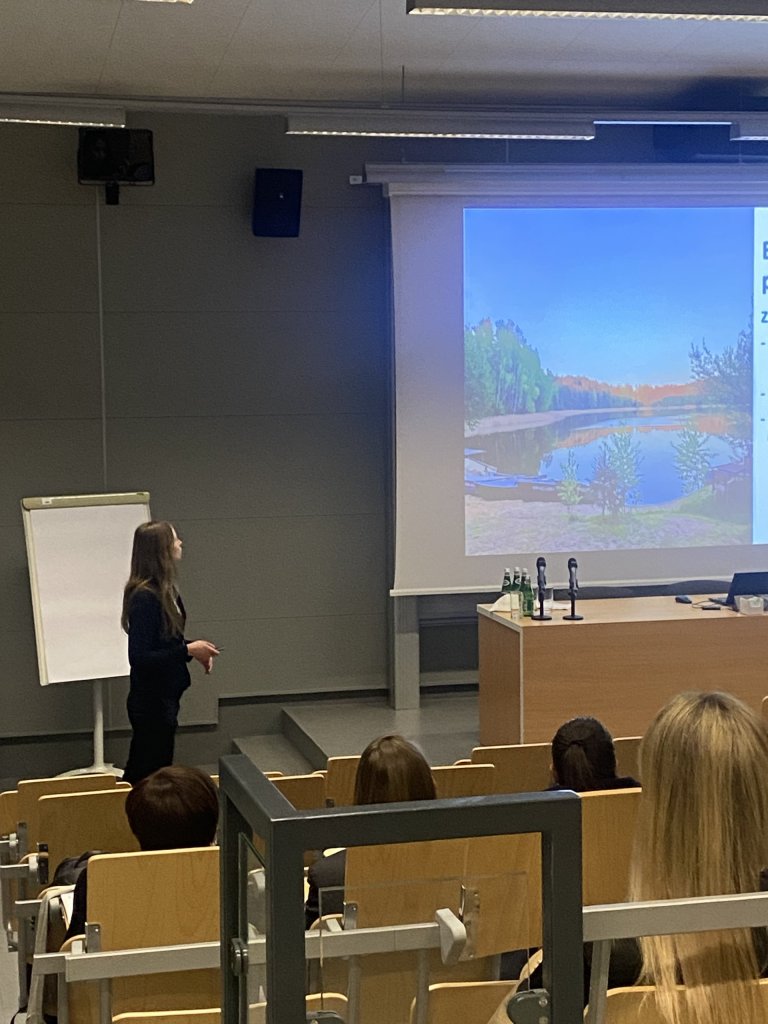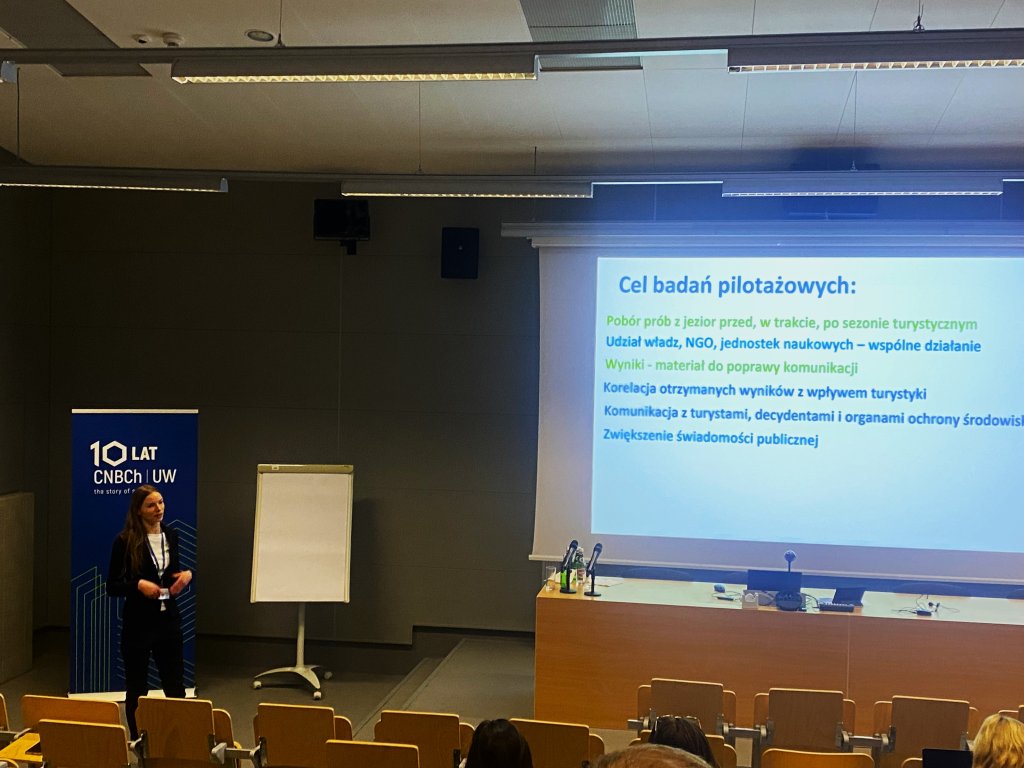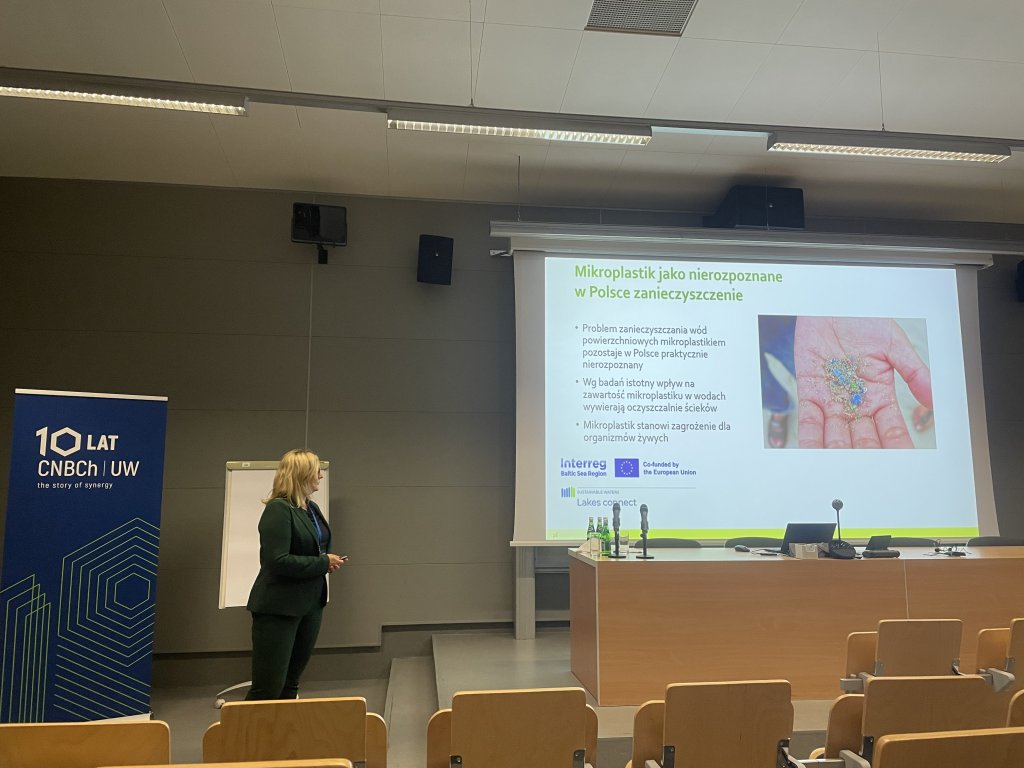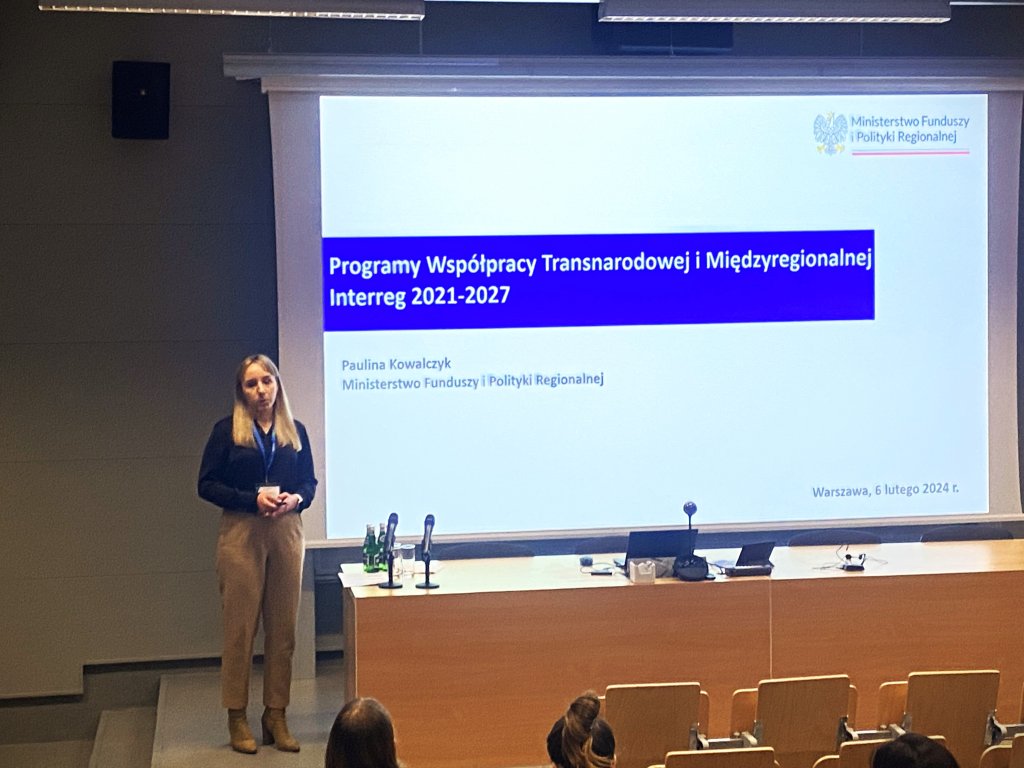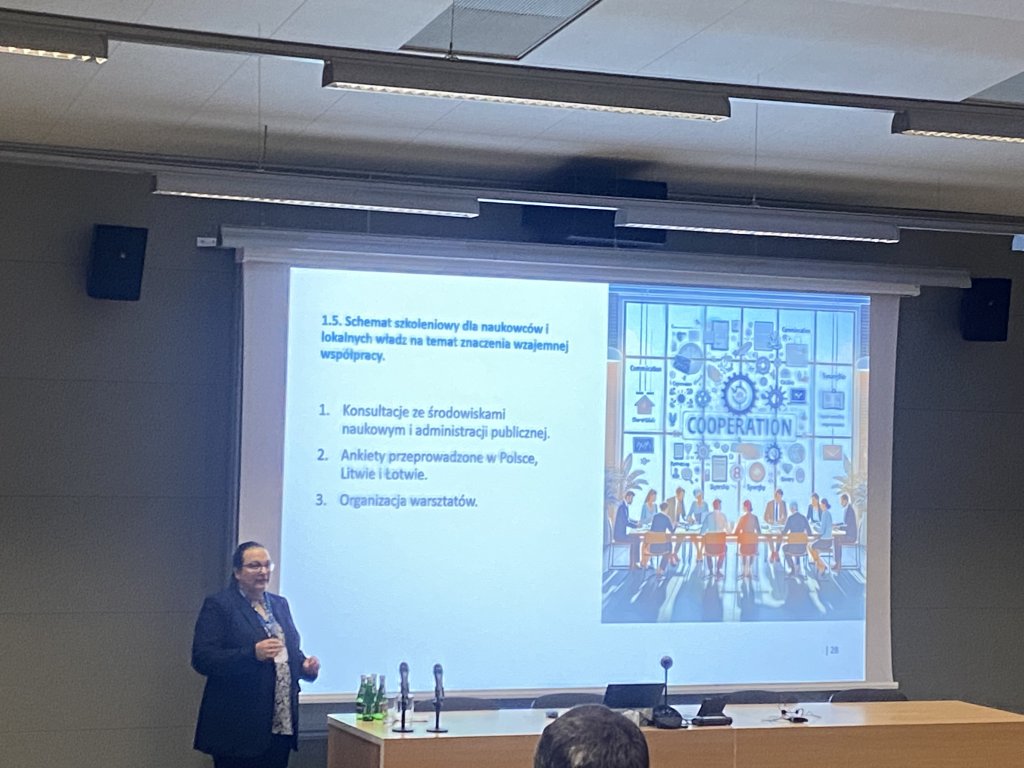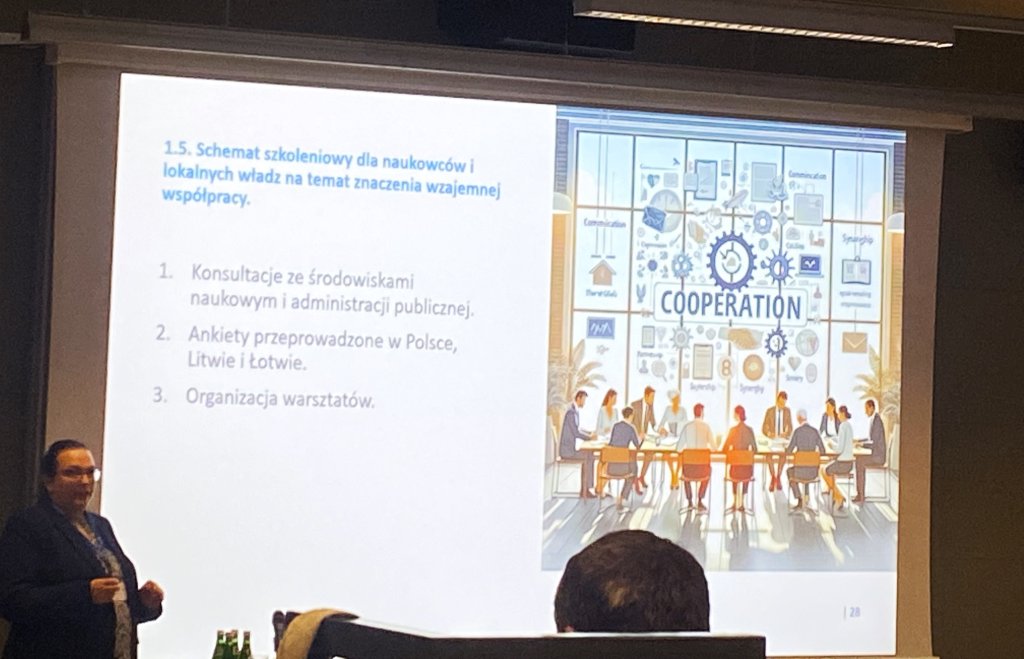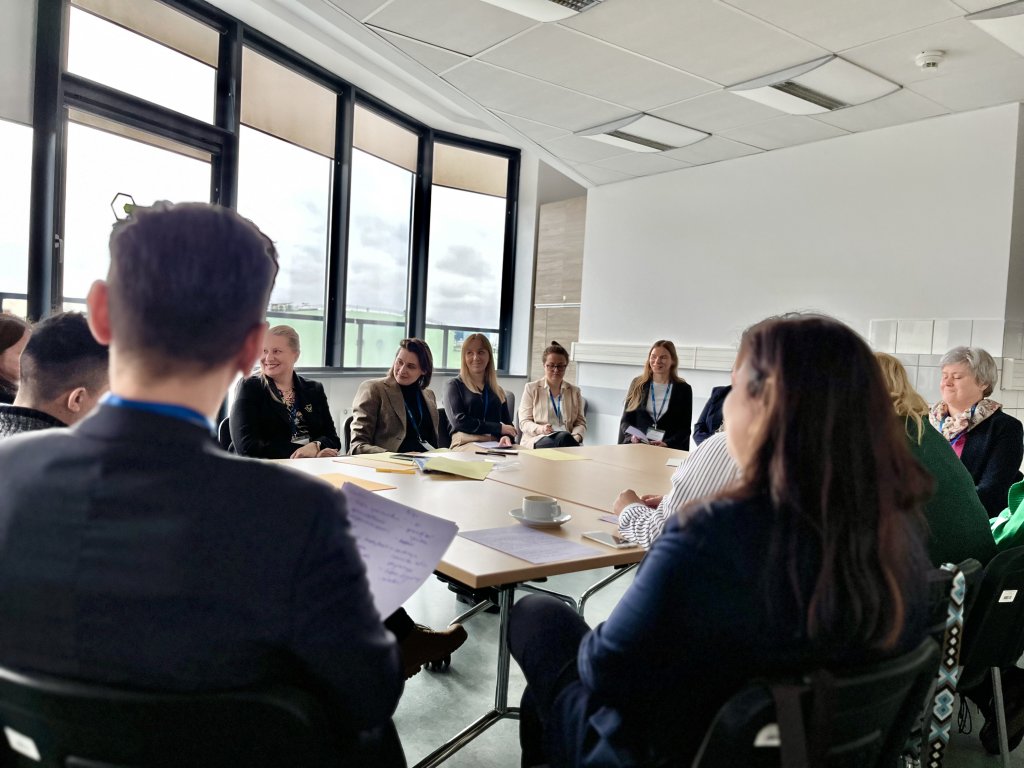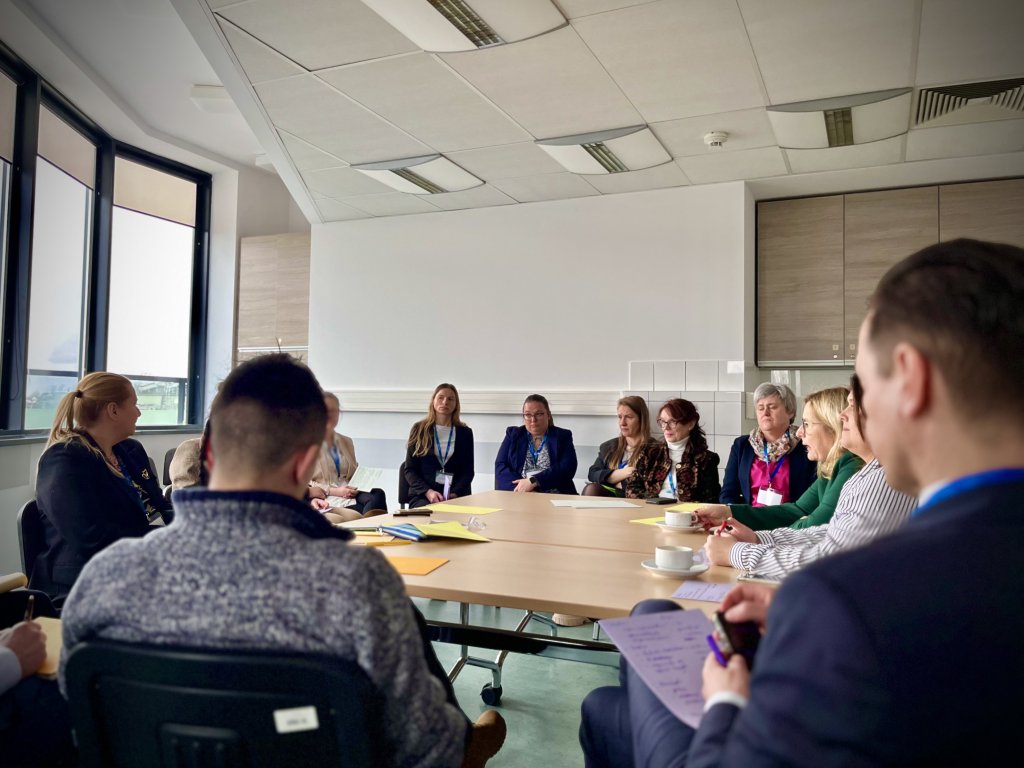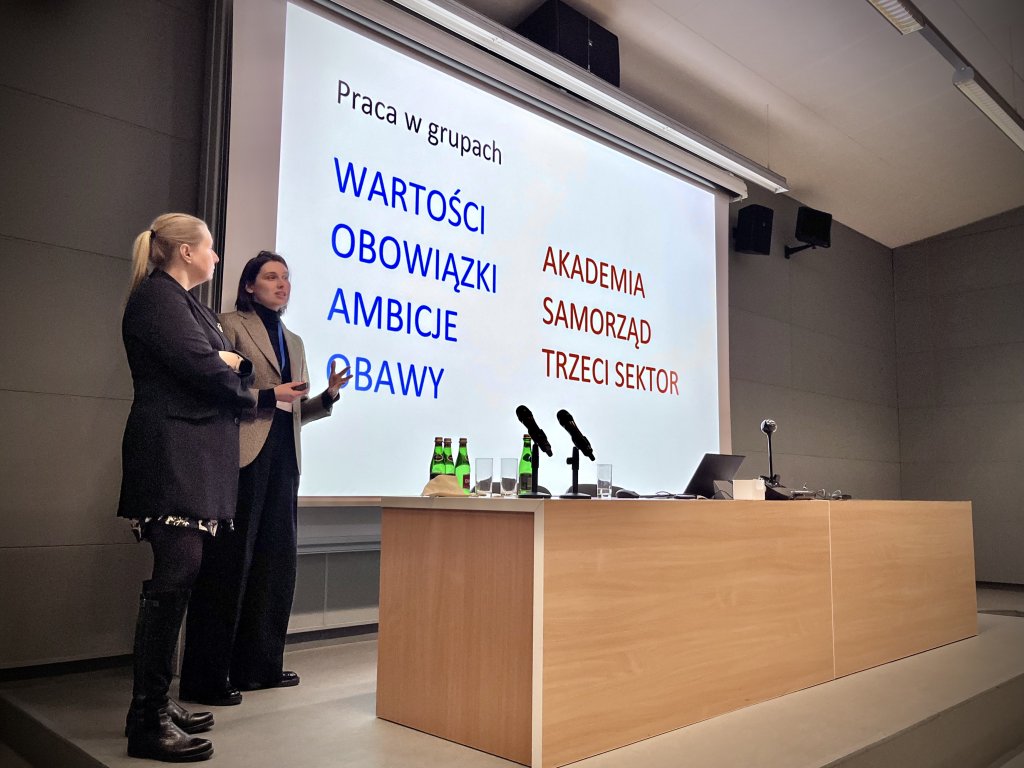Interreg Lakes connect. Meeting of representatives of science and public administration.
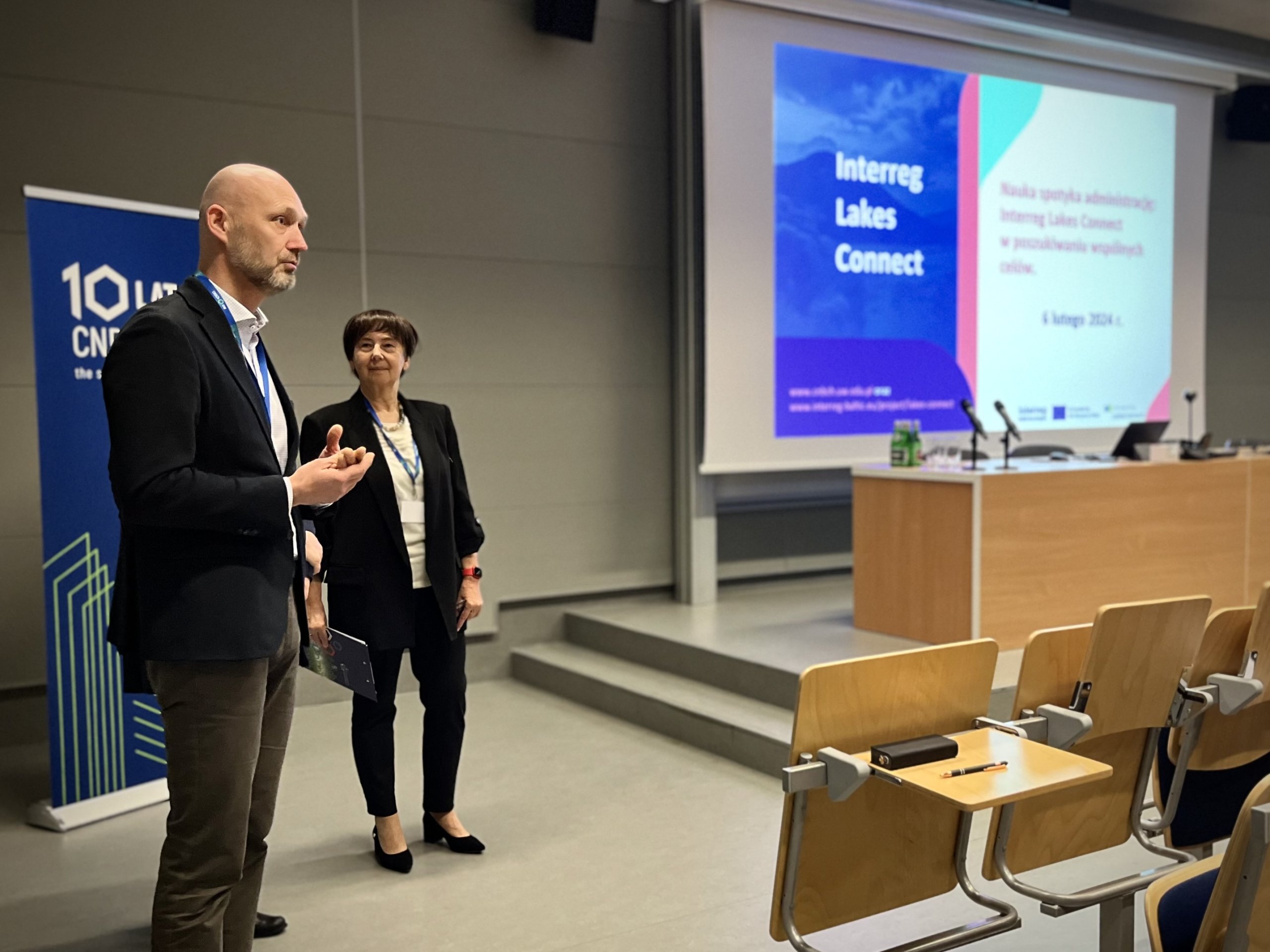
08 02 2024
On the 6th of February, at the initiative of the University of Warsaw Biological and Chemical Research Centre, a meeting was held summarizing the achievements of the Lakes Connect project, implemented under the Interreg Baltic Sea Region 2021–2027 program. The meeting had primarily a practical dimension and its aim was to show the possibilities of cooperation and effective communication between scientists and representatives of public administration. One of the goal of the Lakes Connect project was to conduct pilot studies on the impact of tourism on the state of water in selected lakes in Poland, Lithuania and Latvia, with particular attention paid to the presence of microplastics.
The meeting was attended by scientists from the University of Warsaw (CNBCh UW, Faculty of Biology UW), the University of Białystok, the Polish Geological Institute – National Research Institute, as well as representatives of public administration authorities, including: from the Ministry of Climate and Environment, the Municipal Office in Olecko, the Municipal Office in Giżycko and the Stawiguda Community.
The meeting was opened by prof. Ewa Bulska – Director of the University of Warsaw Biological and Chemical Research Centre and Mr Jacek Sztolcman – Head of the Center for Dialogue and Cooperation University of Warsaw, which supported CNBCh UW in organizing the workshops.
“Although implementing this project was a huge challenge, it brought us a lot of joy. During subsequent project tasks, we gained a lot of extremely valuable experience, especially considering that it was the first Interreg project at the University of Warsaw, and this meant blazing new paths. Although we are nearing the end of the project, we plan to continue research on microplastics, especially in relation to the environment. Our design team is a fantastic group of enthusiasts, and working together has resulted in great results. Today’s meeting, bringing together representatives of science and local administration, will be an opportunity to present the effects of our work.” prof. Ewa Bulska.
Magdalena Michalska-Kacymirow, Ph. D. – Lakes Connect project manager said in the foreword “We are a small project, but with big potential.”
An important guest of the meeting was Ms Paulina Kowalczyk from the Ministry of Development Funds and Regional Policy, who discussed the possibilities of further obtaining funding under the Interreg Transnational and Interregional Cooperation Programs 2021–2027. Later in the meeting, the effects of the project implementation were discussed from the perspective of the consortium members.
Ms Magdalena Fuk, President of the Foundation for the Protection of the Great Masurian Lakes (partner of the Lakes Connect project) shared her experience of cooperation within the project from the perspective of cooperation between local authorities and NGOs.
Ewa Babkiewicz, Ph. D. discussed the results of pilot studies that were conducted before, during and after the tourist season. The measurement results were shown, and at the same time practical aspects regarding the organization of sampling campaigns in natural conditions were discussed. The importance of good planning of field trips and the method of collecting samples was indicated. An important part of the meeting were workshops titled: “Together or how? The University of Warsaw’s experience in cooperation with local governments and non-governmental organizations in research projects.
The workshops, conducted thanks to the support of the Center for Dialogue and Cooperation University of Warsaw, by Anna Nicińska, Ph.D. – Faculty of Economic Sciences University of Warsaw and Sylwia Dudek-Mańkowska, Ph. D. – Faculty of Geography and Regional Studies University of Warsaw, were devoted to effective communication between scientists and public administration, identification of communication problems and methods their solutions. Participants, representing different environments – scientific and local administration, had the opportunity to exchange experiences regarding communication problems between these two groups and become aware of the approach and needs of the other side.
Practical examples have illustrated that cooperation between science and administration is essential to give real and practical meaning to scientific research.
To sum up, it was a very successful meeting, the team implementing the Lakes Connect project shared valuable experience from cooperation with representatives of local communities, as well as showed extremely interesting results of pilot studies carried out under the Interreg Baltic Sea Region 2021–2027 program.
